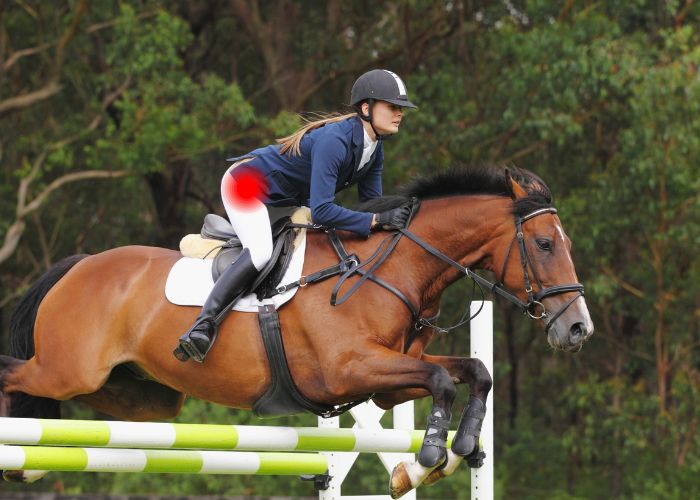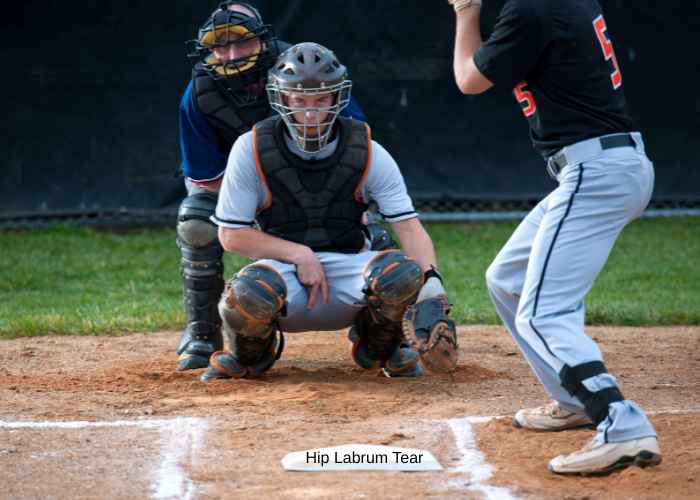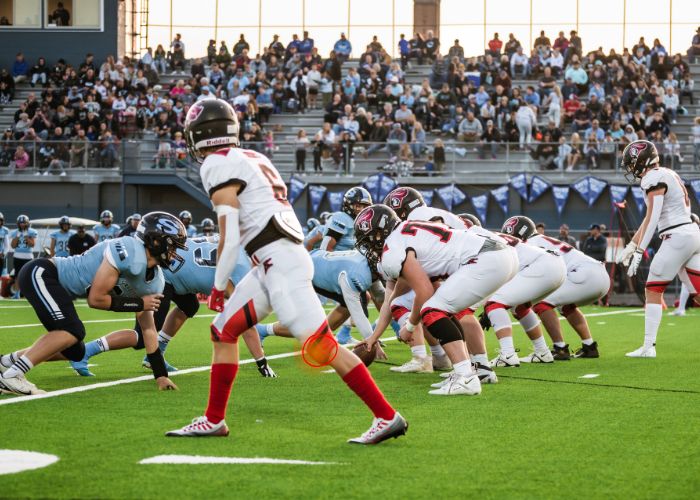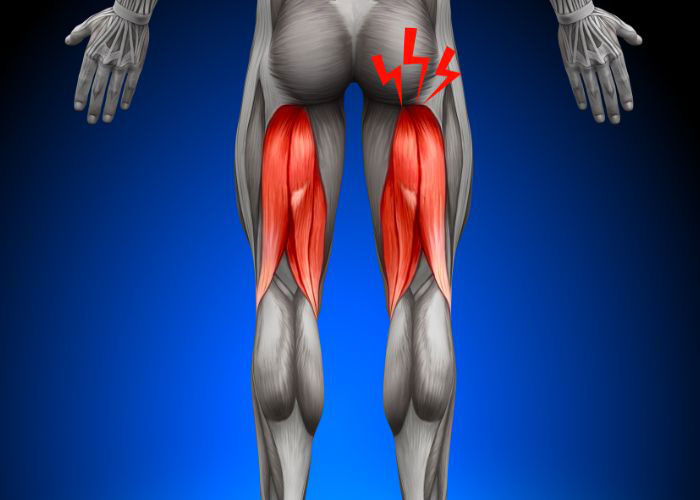Knee Popping, Locking, and Buckling Specialist

Do your knees sound like a breakfast cereal with a lot of snapping, crackling and popping? If so, you may have a knee injury that can be treated either surgically or non-surgically, depending on the severity. Knee expert, Doctor Ronak Mukesh Patel, provides diagnosis and both surgical and nonsurgical treatment options for patients in Sugar Land, Pearland, and the Houston, Texas area who are experiencing knee pain and are having a snap, crackle, or pop in the knee. Contact Dr. Patel’s team today!
Knee popping with pain:
In medical terms, knee popping, crunching or creaking is called crepitus. Knee crepitus is not restricted to those who are aging, it can occur at any age. Most of the time, crepitus can be benign (nothing to worry about) but it can be serious when there is associated pain or instability and something that should prompt you to see a professional orthopedic specialist. Dr. Ronak Mukesh Patel specializes in orthopedic knee conditions such as knee popping or locking. He sees patients from Sugar Land, Pearland, and the Houston, Texas area and can diagnose and offer treatment for your knee problems.

My knee popped; did I tear the ACL?
Knee popping can occur regularly as we age, or with activity. Even high-level athletes experience knee popping. However, a sudden pop in the knee with extreme pain, during a twisting moment, squatting or sports is an indicator that something is wrong. Often when someone tears their ACL, a popping sound is heard at the time of injury, along with sudden and extreme pain. Some of the symptoms of a torn ACL include:
- Popping sound at the time of injury
- Knee instability or buckling
- Tenderness and pain along the joint line
- Decreased range of motion
- Pain and/or difficulty with weight-bearing
- Swelling and bruising of the affected knee
If you are experiencing one or more of the above symptoms, you need to see Dr. Patel.
Why is my knee locking?
Does your knee refuse to bend completely, or maybe you are unable to straighten it all the way? Knee locking can be a problem that worsens with time. Knee locking can be intermittent, or constant, depending on what is causing the knee to lock.
What causes the knee to lock?
The most common cause of knee locking is a torn cartilage or meniscus. The meniscus within the knee joint cushions the knee like a shock absorber. If the meniscus becomes torn, it can get stuck in the knee joint and cause locking. Even a very small meniscus or cartilage injury can cause mechanical issues with the knee. Symptoms of knee locking include:
- Inability to bend or straighten the knee fully without manual means
- Pain when putting weight on the affected knee
- Joint stiffness
- Knee swelling
Why is my knee buckling or giving out?
Have you gotten up from sitting and suddenly your knee does not want to hold your weight, or it buckles when you try to walk? Knee buckling affects a portion of the population and can occur at any age or fitness level. The knee buckling or refusing to hold your weight is usually a sign of an injury or damage to the knee.
What would cause my knee to buckle?
The knee is designed to carry and distribute the body’s weight, sudden buckling, or if the knee is constantly giving out, can be caused by:
- Arthritis
- A torn meniscus
- Loose bodies, or a fragment of bone or cartilage getting caught within the knee joint
- One or more torn ligament
- Torn tendon (patellar or quadriceps tendon)
- Dislocation of the knee cap
- Swelling or inflammation in the knee
Do I need surgery for my knee popping, buckling or locking?
Not every knee condition immediately requires surgery and simple knee conditions can often be helped with non-surgical treatment alone. However, if your knee popping, locking or buckling is causing pain and affecting your daily activities, you may need surgical treatment to correct the problem.
Does my knee need surgery?
The knee can withstand a lot of abuse and some conditions do not require surgery. However, there are parts of the knee that cannot heal itself. These are the types of conditions that will may require surgery:
- Torn ligaments
- ACL Tear
- MCL Tear
- PCL Tear
- LCL Tear
- Cartilage Injury
- Meniscus tear
- Isolated cartilage injuries
- Patella (knee cap injury)
- Frequent knee dislocations
When should I see a doctor?
As with any serious injury, or a knee condition that is affecting your daily routine, seeing a doctor early is important. Since most knee injuries cannot heal on their own, your symptoms are going to continue or get worse. Some long-term injuries cannot be repaired or may require more extensive surgery later, so the earlier you see a doctor, the better for the overall chance of recovery. If you are experiencing pain, popping, locking or knee buckling, it’s important to get an accurate diagnosis from an orthopedic specialist. Dr. Ronak Mukesh Patel has an excellent track record for getting patients out of pain and back into the game. He can diagnose your knee problem and will offer solutions to help you get the full strength and movement back in your knee.








